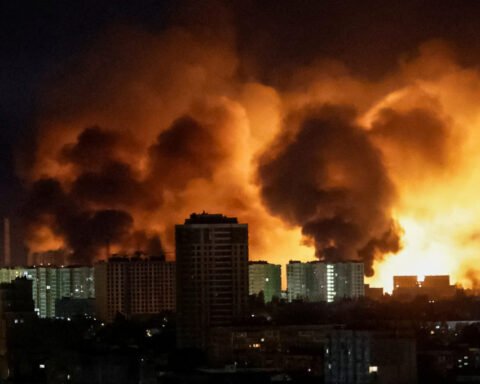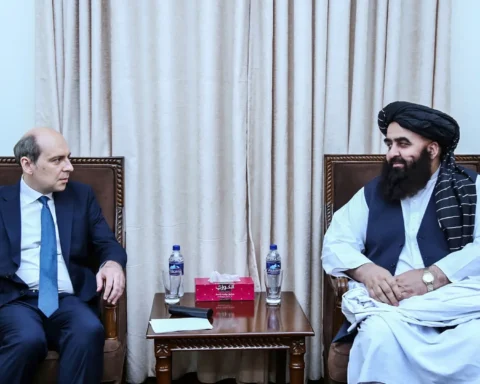U.S. President Donald Trump has announced that his administration will be cutting off aid to South Africa due to concerns over the country’s controversial land expropriation policies.
The decision was made public in a post on Truth Social, where Trump criticized the South African government for “confiscating land” and allegedly “treating certain classes of people VERY BADLY.” He went on to say that the U.S. would not tolerate these actions and that all future funding would be suspended until a full investigation is carried out.
The announcement comes on the heels of South African President Cyril Ramaphosa’s recent signing of legislation that allows for land expropriation without compensation, but only under conditions deemed “just and equitable” and “in the public interest.” The law is part of an effort to address the legacy of land inequality that persists in South Africa since the end of apartheid. Despite these intentions, Trump’s remarks have added fuel to the fire, sparking concerns about the international fallout of these land reforms.
In response, South African officials have stood by the legitimacy of the law, clarifying that it is meant to correct long-standing social and economic injustices. They have also expressed a willingness to engage in talks with the U.S. government to clear up any misunderstandings about the policy and ensure that relations remain intact.
Also Read; AIIB to Invest $1.5 Billion in
Africa’s Energy Sector
The move to suspend U.S. aid could have serious consequences. Last year, the U.S. provided nearly $440 million in assistance to South Africa, funding critical programs such as HIV/AIDS prevention and relief efforts. The suspension of these funds would have a direct impact on the country’s health sector, especially programs like PEPFAR, which receives a significant portion of U.S. aid.
South Africa, which currently holds the G20 presidency, faces added pressure as it navigates this new diplomatic tension with the United States. With the U.S. set to take over the G20 presidency after South Africa, this issue could become a point of contention on the international stage.
Financial markets have already begun reacting to the news. The South African rand dropped 1.6% against the U.S. dollar, while stocks on the Johannesburg Stock Exchange also saw declines. Bond yields for the South African government have also risen, a reflection of the growing uncertainty.






